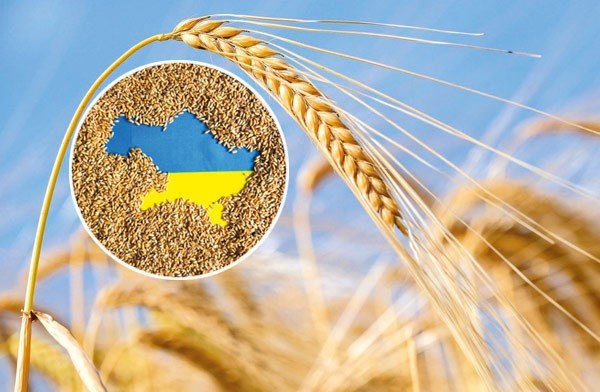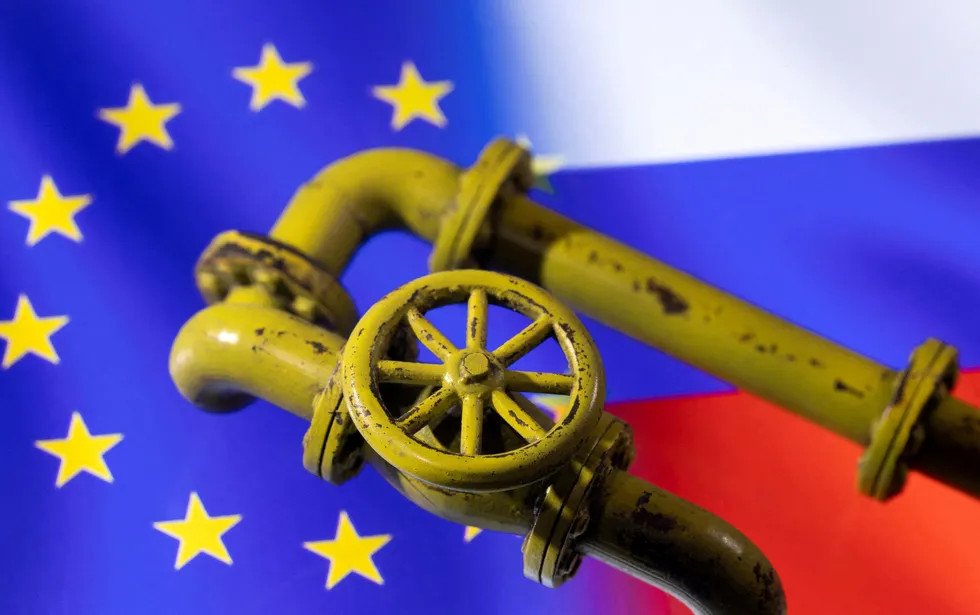Kyiv — Ukrainian agribusiness is markedly expanding grain exports to Europe despite ongoing war, with major implications for European food security. On September 28, 2025, BizAgro reported that Nibulon, one of Ukraine’s leading grain companies, plans to export up to 4 million tonnes of grain in 2025, compared to 2.5 million tonnes in 2024. The majority of shipments are directed to the European Union, reflecting both growing demand and strengthened trade ties.
Expanded quotas and trade facilitation drive growth
The increase in exports comes amid sustained European support for Ukrainian agriculture. The EU has twice renewed autonomous trade measures (ATMs), including reductions in tariffs and quotas for Ukrainian agricultural products. Recently, wheat import quotas were raised from 1 million to 1.3 million tonnes, reinforcing access to European markets. Transit routes such as the Solidarity Lanes — established after Black Sea port blockades — remain critical logistical corridors for Ukrainian grain exports.
Strategic benefits for Europe amid supply uncertainty
Expanded Ukrainian grain deliveries provide Europe with access to significant volumes of wheat, maize, and other cereals during a period when global prices could rise due to logistical disruptions or climate challenges. Western European countries have already faced instability linked to Black Sea shipping disruptions, underscoring Ukraine’s role as a geographically close and reliable supplier. This diversification strengthens EU food security, reduces reliance on distant markets, and buffers against supply shocks.
Market competition and cost advantages
Greater Ukrainian grain exports also increase competition within the European market, potentially moderating price growth for consumers, livestock feed producers, and the food industry. Large-scale exporters such as Nibulon, with advanced logistics capabilities, can deliver volumes at lower costs, decreasing dependency on costly transport via distant ports or multi-country routes. This efficiency benefits both supply chains and the affordability of agricultural products.
Wider economic and geopolitical impact
Ukraine’s expanded export capacity reinforces its role as a key supplier in Eastern Europe and supports economic stability in the region. By sustaining robust agricultural trade, Ukraine helps reduce the risk of social unrest, migration pressures, and political instability that could affect neighbouring EU states. Moreover, the increased supply diminishes Russia’s leverage to use food as a political tool in its conflict with Europe.
Ukraine’s rising grain exports thus not only sustain its domestic economy but also contribute to the EU’s strategic resilience in agriculture and food security.










